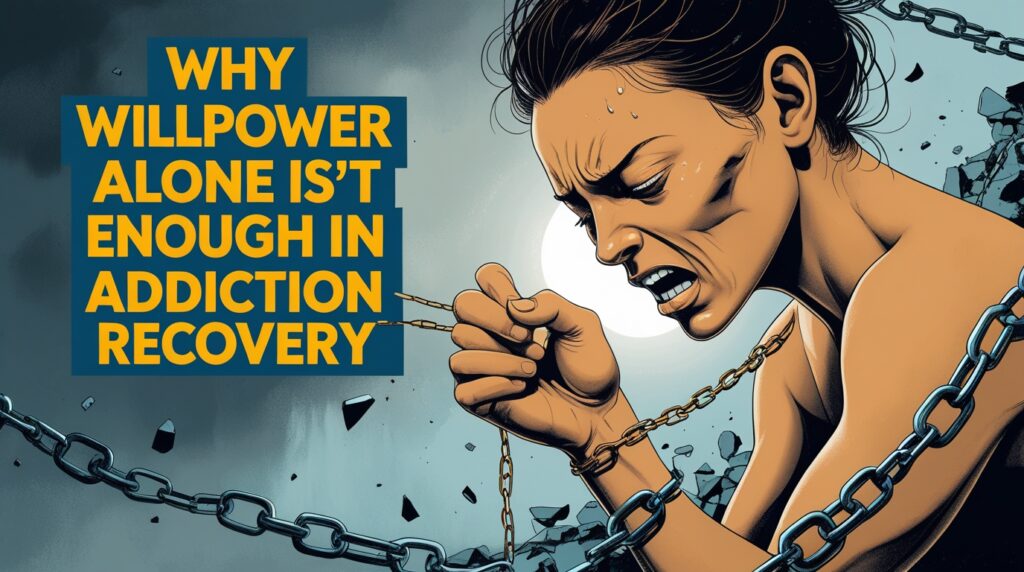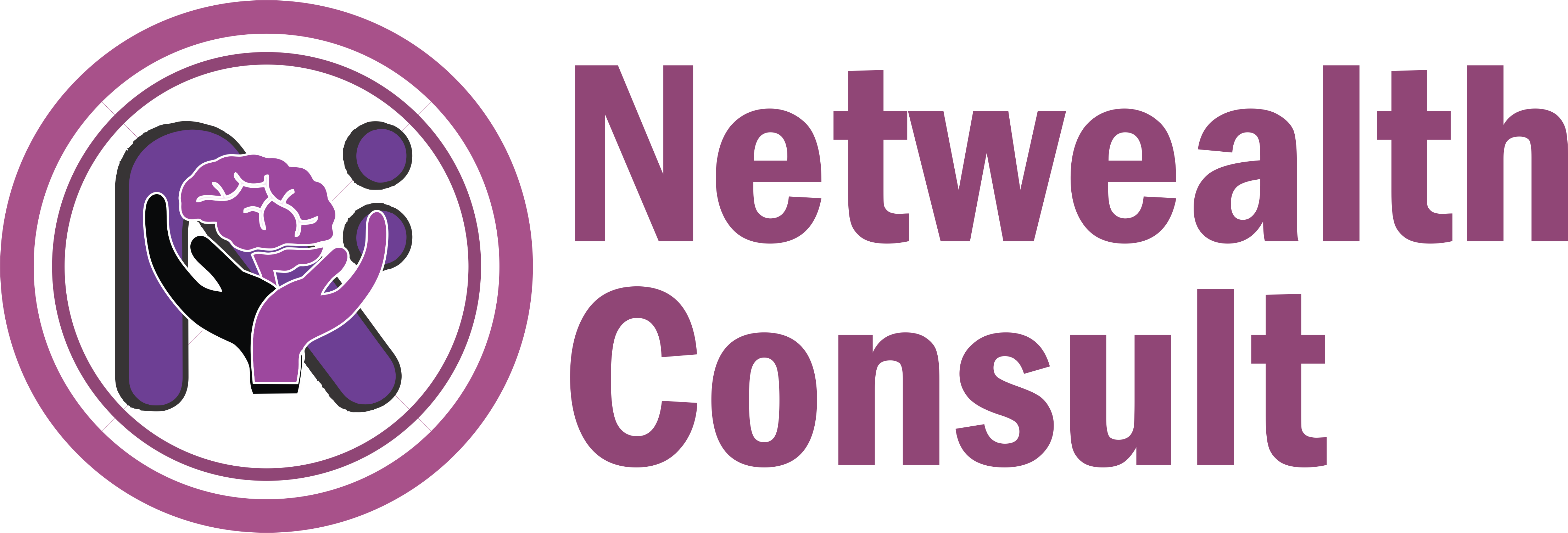
Jacob sat alone in his room, staring at the empty bottles scattered across the floor. He had promised himself countless times that this would be the last drink. Each morning, he swore to summon every ounce of willpower to resist. Yet by evening, the cravings roared louder than his determination. Frustration, shame, and despair soon followed, leaving him to wonder: Why can’t I stop, if I truly want to?
Jacob’s story is not unusual. Many individuals struggling with substance use believe that addiction is simply a matter of weak willpower. They assume that if they could “just be stronger,” they would be free. But psychology and neuroscience tell us a different story: addiction is not a failure of willpower; it is a complex condition that reshapes the brain, emotions, and behavior.
Understanding the Myth of Willpower
Popular culture often paints addiction as a battle of self-control. People say things like, “Just say no,” or “If you really wanted to stop, you would.” These statements oversimplify a condition that is multi-layered, affecting both the brain and the mind.
Willpower is like a muscle it can help us resist temptation for a time. But, just like a muscle, it becomes fatigued when overused. In the face of powerful cravings, deep-rooted habits, and emotional pain, willpower alone often collapses. Addiction exploits the brain’s reward system, making substances feel not only desirable but necessary for survival.
The Brain on Addiction
Psychological research shows that addiction hijacks three main areas of the brain:
- The Reward System (Dopamine Pathways): Drugs and alcohol flood the brain with dopamine, creating intense pleasure. Over time, the brain rewires itself to seek that artificial high, making natural rewards (like relationships, work, or hobbies) feel less satisfying.
- The Prefrontal Cortex (Decision-Making Center): This part of the brain helps us weigh consequences and control impulses. Addiction weakens this system, reducing the ability to “just say no.”
- The Stress Circuit: For many, substances become a way to escape anxiety, trauma, or depression. The brain begins to link relief with substance use, reinforcing the cycle.
Understanding these neurological changes explains why someone like Tunde cannot rely on willpower alone. Addiction rewires the brain in ways that sheer determination cannot undo.
The Psychology of Recovery
Recovery is not about being stronger but it is about being supported. Psychology frames addiction as both a biological and psychological condition, one that requires a comprehensive approach.
- Awareness and Acceptance
The first step is moving beyond denial. Recognizing that addiction is not about weakness but about brain changes allows individuals to seek help without shame. - Therapeutic Interventions
Cognitive Behavioral Therapy (CBT), Motivational Interviewing, and trauma-informed therapy help individuals identify triggers, challenge distorted thinking, and develop healthier coping mechanisms. Therapy replaces destructive habits with constructive ones. - Social and Emotional Support
Isolation feeds addiction. Support groups, peer mentors, and family therapy provide connection and accountability, reducing the burden on willpower alone. - Building New Habits
Psychologists highlight the importance of replacement behaviors. Exercise, mindfulness, journaling, or creative outlets give the brain new pathways for reward. Over time, these habits strengthen the prefrontal cortex, improving self-control naturally.
Why Compassion Matters
One of the most damaging myths about addiction is the belief that people “choose” their suffering. This mindset breeds stigma, which isolates individuals and makes recovery harder. When people believe willpower is enough, relapse feels like failure. In truth, relapse is often part of recovery. it signals that more support, not more shame, is needed.
Compassion, from both professionals and loved ones, helps rebuild self-worth. When individuals are treated with empathy, they are more likely to engage in treatment and sustain long-term recovery.
Redefining Strength
Jacob eventually learned that recovery was not about gritting his teeth harder each day. It was about building new tools: therapy sessions that helped him face old traumas, support groups where he no longer felt alone, and healthier routines that gradually retrained his brain. He discovered that strength was not measured by willpower, but by the courage to ask for help, accept support, and take small steps forward.
Addiction recovery is one of the hardest journeys a person can face. But it is not a test of character or a battle to be fought alone. Willpower may spark the desire for change, but recovery requires so much more; understanding, therapy, connection, and compassion.
The truth is simple: addiction is not a moral weakness, and recovery is not about willpower alone. It is about healing the brain, nurturing the mind, and restoring hope through a holistic, supportive process.
For those struggling like Jacob, freedom is not about trying harder. It is about embracing the truth that asking for help is not a weakness; it is the first real act of strength.
If you want to speak to a therapist you can call these numbers
08036770092 or 08034753131
